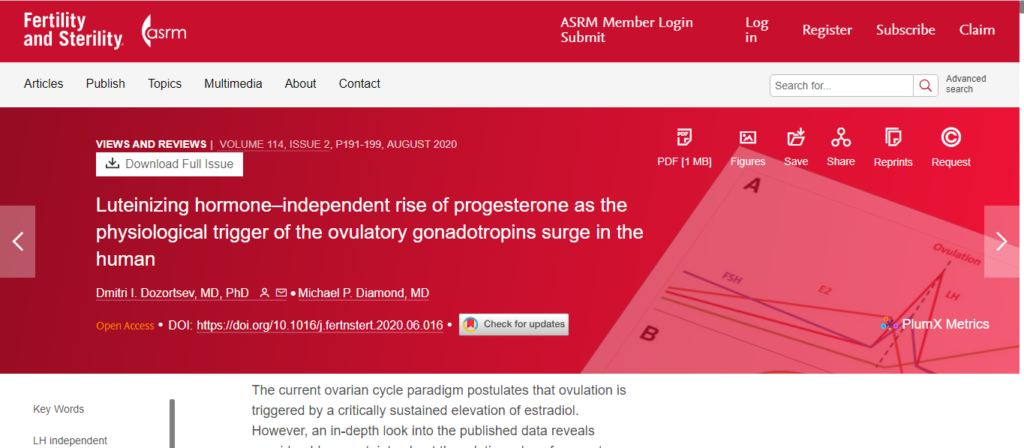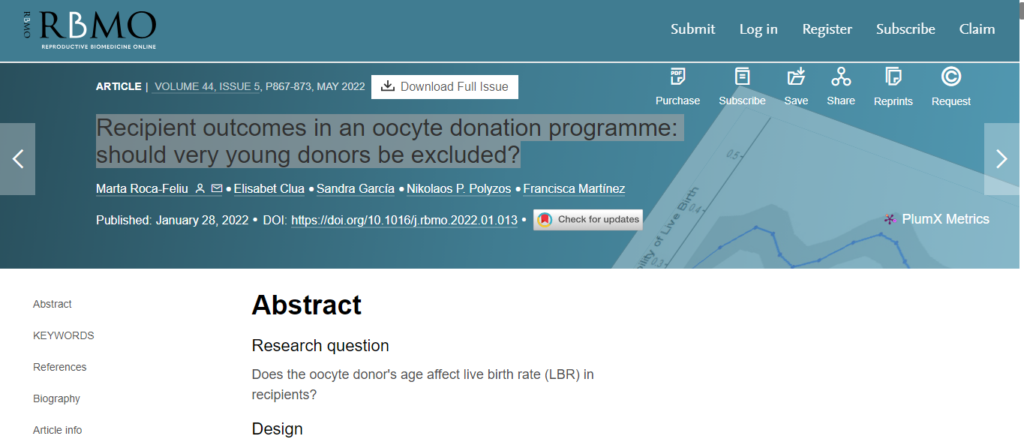The most important part of coping with a miscarriage is accepting all your feelings as essential parts of the healing process.
Experiencing a miscarriage can be extremely difficult and painful. Because of the silence around miscarriages, women are often forced to grieve alone and for many, coping in isolation can feel like an impossible task. But the reality is, miscarriages are far more common than we might think. Chances are, we all know someone who has gone through the experience.
According to the Mayo Clinic, anywhere from 10 to 20 percent of known pregnancies end in miscarriage. However, the real number is likely to be higher, given that many miscarriages occur very early in the pregnancy — before a woman even realizes she is pregnant.
Understanding Miscarriages
The term “miscarriage” should give us pause. It seems to imply that something went wrong during the “carrying” of the pregnancy. But the truth is that in the vast majority of cases, a miscarriage occurs simply because the fetus is not developing normally, and the body expells the uterus before it is able to survive on its own.
Often, the first sign of miscarriage is heavy bleeding accompanied by cramping and back or abdominal pain. Depending on how far along the pregnancy has progressed, symptoms can last anywhere from a few days to three or four weeks.
While maternal health is typically not the cause of miscarriages, there are certain risk factors that can increase the likelihood of a miscarriage. Age is a significant factor. The likelihood of miscarriage increases as a woman ages, growing from 20 to 80 perent between the ages of 35 to 45. Other risk factors include previous miscarriages (if a woman has had two or more consecutive miscarriages, they are at greater risk of another one), weight issues, smoking, illicit drug use or excessive alcohol use, and certain chronic conditions.
Coping With Miscarriages
When dealing with a miscarriage, the most important thing is taking time to validate the emotions you are experiencing. Try not to rush the healing process. When you lose a pregnancy, grief is a natural response and, as such, it is typical for women to experience the successive stages of grief. The four stages of grief are:
- Shock and denial. Immediately after your loss, it is common to experience a feeling of numbness. Following traumatic experiences, the psyche often tries to shield itself from the knowledge of the loss.
- Guilt and anger. It is common to look for someone to blame in the wake of enormous loss. You might be directing blame at yourself or at others around you.
- Depression and despair. You find yourself feeling constantly sad or overwhelmed. You might even harbor concerns that you will never have a successful pregnancy.
- Acceptance. Eventually, you come to terms with your loss. Accepting what happened does not mean forgetting your experience. Rather, acceptance simply means coming to terms with your particular experience and opening yourself up to alternative options.
Women and couples should also remember that it is normal to experience feelings of jealousy toward parents of young children, pregnant couples, as well as feelings of general loneliness. No matter when during the pregnancy the miscarriage took place, remember that any grief you’re experiencing is real and justified, and that there is no schedule for feeling better. It is normal not to forget or simply to linger with a sense of loss.
Conversely, it is also possible to bypass the experience without grieving. There is also no requirement to go through a grieving process if you are not experiencing the associated feelings. The key is accepting exactly how much or how little you are feeling.
Finding Support
Finally, having a support system can be a helpful resource when coping with a miscarriage. Whether you turn to your friends, your family, or a community of women who have also experienced miscarriages. In most cases, it can be therapeutic to share what you are going through with other people. Alternatively, you may wish to seek the help of a therapist to work through the experience.
While the emotional side of coping with miscarraiges is often the most immediate concer, it is also important to take care of your physical body following a miscarriage. Some women develop a uterine infection following a miscarriage. It’s important that you consult to your doctor to determine when you can return to normal physical activity, including exercise and sex, without risking infection.
Look out for the next article in our series, “Coping With a Miscarriage, Pt. 2: Future Fertility.” In it, we will address best steps for women and couples looking to conceive after a miscarriage.
If you have experienced a miscarriage and require more resources or simply more information about your options, don’t hesitate to schedule an appointment. Speak with a qualified fertility specialist today.



